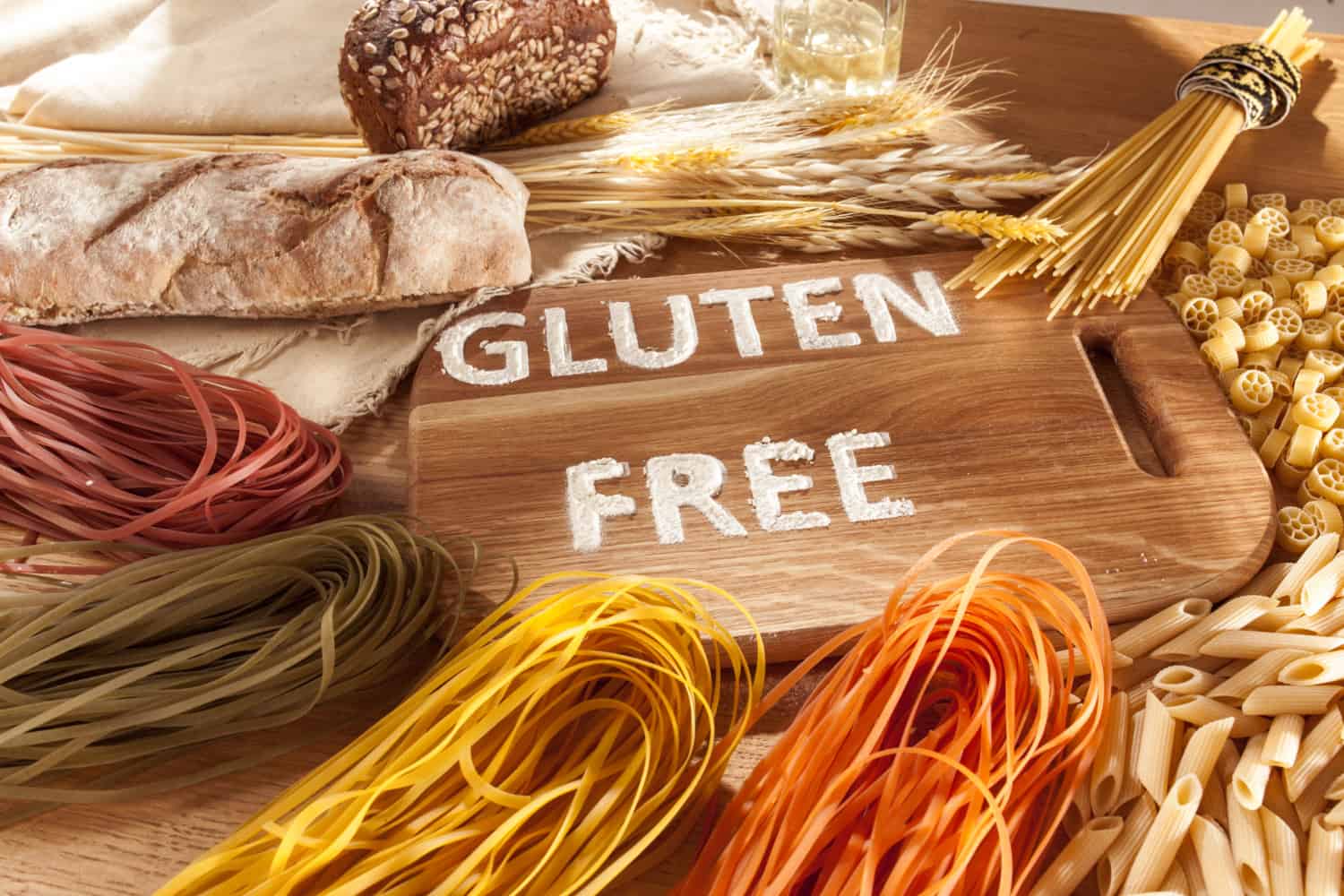- Phone: 306-970-1552
- connect@gentleprocessing.ca
- 18-301 South Industrial Dr. Prince Albert, SK S6V 7L7, Canada

In the ever-evolving world of food production, a niche that has been gaining significant momentum is the gluten-free and allergen-free food processing sector. This burgeoning market caters to individuals with dietary restrictions and food allergies, offering a wide range of safe and delicious options. In this article, we'll delve into the intricacies of the gluten-free and allergen-free food processing industry, exploring its growth, challenges, and opportunities.
Gluten is a protein found in wheat, barley, and rye, and it can cause adverse reactions in those with celiac disease or gluten sensitivity. Allergen-free foods, on the other hand, cater to individuals with various food allergies, such as peanuts, tree nuts, soy, dairy, and more. The demand for gluten-free and allergen-free products has grown substantially due to an increase in food allergies, gluten-related disorders, and changing dietary preferences.
The gluten-free market alone is expected to reach a staggering $7.59 billion by 2026, according to Grand View Research. Consumers are becoming more health-conscious and are actively seeking products that meet their dietary needs. As a result, the food industry is responding by developing a wide variety of gluten-free and allergen-free options.
The primary challenge in gluten-free and allergen-free food processing is maintaining product quality while eliminating allergens. Cross-contamination can occur at any stage of production, leading to health risks for consumers. Companies in this industry must adopt strict quality assurance measures to ensure their products are genuinely safe for consumption.
To instill confidence in consumers, accurate and transparent labeling is crucial. Food manufacturers must adhere to stringent labeling regulations to clearly indicate allergens and gluten content. This compliance ensures that customers can make informed choices.
The gluten-free and allergen-free food industry is not just about meeting regulatory requirements. It's also about innovation. Companies are constantly developing new recipes and exploring alternative ingredients to improve the taste and texture of their products. As a result, the market is brimming with delicious and safe options.
The future looks promising for this sector. The gluten-free and allergen-free food processing industry is expanding beyond the conventional baked goods and snacks. Now, you can find a wide range of products, including pasta, cereals, and even ready-to-eat meals.
As the world becomes increasingly health-conscious, these products are gaining popularity among not only those with dietary restrictions but also among individuals looking for healthier food choices. Gluten-free and allergen-free foods are no longer niche; they are mainstream.
The gluten-free and allergen-free food processing industry is a rapidly growing market, catering to the dietary needs of an ever-expanding consumer base. As we continue to witness innovation, quality assurance, and market expansion, it's evident that these products are not just a trend but a lasting transformation in the food industry. With consumers becoming increasingly discerning about what they consume, this sector's growth is set to continue. So, whether you're a food manufacturer or a consumer, keep an eye on this exciting and evolving industry.